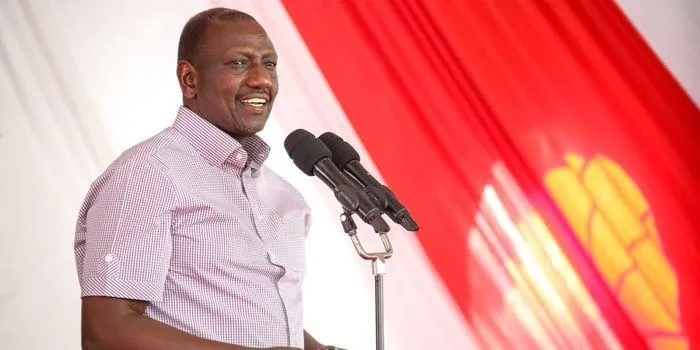On Monday, February 13, President William Ruto reaffirmed that the government would move on with its objective to reduce foreign borrowing.
The President’s remarks were issued on the same day that the Head of State was cautioned by the Parliamentary Budget Report (PBO) on his attitude on foreign borrowing.
Ruto said that although the actions would first upset Kenyans, they were ultimately beneficial.
“While we haven’t completely halted borrowing, we have taken steps to stop reckless borrowing.
When he took office, he discovered that the country was about to borrow Ksh1.2 trillion. However, he added, “thanks to austerity measures, my administration has been managed to cut down that sum to Ksh830 billion.”
Kenya had been told by the PBO that the economy would suffer if it reduced its foreign borrowing because the globe was in a recession.
“In spite of the ostensible benefits of fiscal consolidation on debt accumulation. The study stated in part, “Conventional wisdom suggests that this is likely to have a contractionary effect on the economic activity, at least in the near run.
The research also suggested that loans be used to pump money into the country’s financial system in order to boost economic production.
“The current administration’s strategy is ineffective and should not be used. Reduced government spending will almost always result in decreased output, the research had warned Ruto’s cabinet.
Instead of reducing its foreign borrowing, the government was encouraged by PBO to try to find a balance that would allow them to implement fiscal austerity without impairing economic growth.
Kenya currently has a Ksh10 trillion foreign debt, which Ruto attributed to the previous administration.
He explained how the debt had grown: “The past administration was using Ksh8 billion in two months to subsidize maize flour and Ksh15 billion per month to subsidize fuel.”




